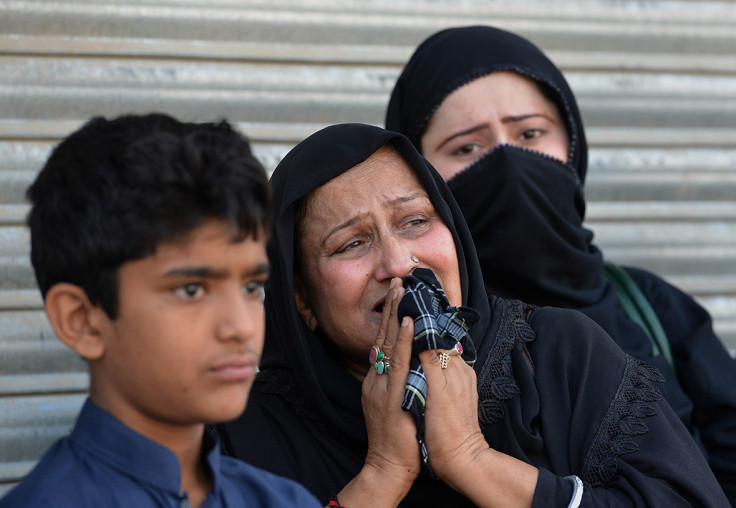Pakistan: New law protecting women against abuse is against Islam say religious groups

More than 35 religious parties and groups in Pakistan have come together to call on the government retract a new law in the country's largest province of Punjab that protects women from abuse. Claiming that the law is unIslamic, they accuse the law of being part of the West's agenda to destroy the family system in Pakistan.
The Women's Protection Act was passed by Punjab in February to protect women from domestic, psychological and sexual violence. It also calls for the setting up of a toll-free abuse reporting hot line, women's shelters and district-level panels to investigate reports of abuse. The new law also mandates the use of GPS bracelets to keep track of offenders.
The law however seems to have fallen foul of the mainly conservative clerics and religious leaders. They have said it is in conflict with both the Koran and the Pakistan constitution.
"This controversial law to protect women was promulgated to accomplish the West's agenda to destroy the family system in Pakistan," reads the joint declaration from the conference comprising the religious parties and groups. "This act ... is redundant and would add to the miseries of women."
The Pakistan government is coming under increasing pressure to take a re-look at the law that seems to have caused a major uproar among the religious community. A lawyer has filed a petition in the top sharia court asking it to strike down the law.
Pakistan Today said the Council of Islamic Ideology, a Pakistani religious body that advises the government on the compatibility of laws with Islam has declared the Women's Protection Act as un-Islamic. On 14 March, Maulana Fazlur Rehman, the chief of the Jamiat-i-Ulema Islam, the country's largest religious party, claimed that Prime Minister Nawaz Sharif had promised to address the reservations of the religious parties.
"He promised to amend the law so that it doesn't contravene the teachings of the holy Koran and the Sunnah," Maulana Fazlur said. He claims that in a meeting, the prime minister had promised to set up a committee to look into the reservations of the religious parties.
© Copyright IBTimes 2025. All rights reserved.






















